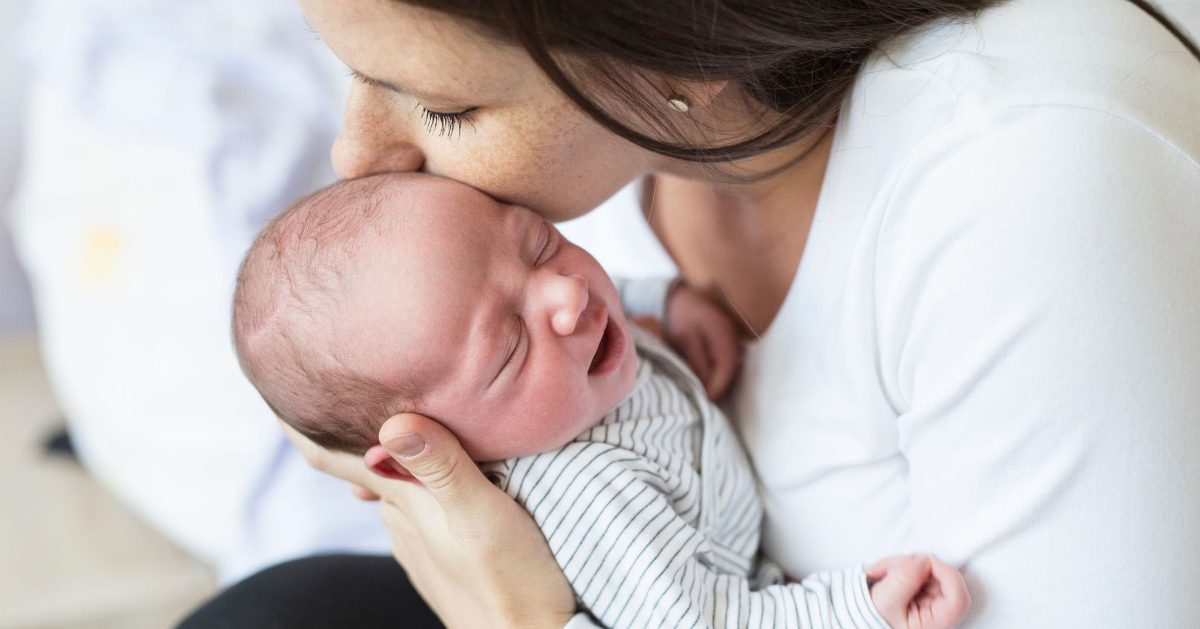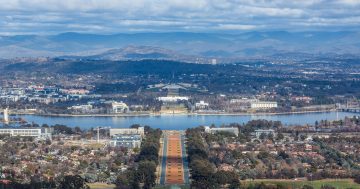
Hard times: Fewer babies is a demographic time bomb. Photo: File.
New figures showing Australia is in a baby recession should ring alarm bells for the nation’s leaders.
Births across the country fell by 4.6 per cent year on year. The number of births in 2023 was the lowest since 2006.
The drop in births was more pronounced in the capital cities, with Sydney births dropping to 60,860, down 8.6 per cent from 2019, Melbourne with 56,270 births was down 7.3 per cent, Perth with 25,020 births was down 6.0 per cent, and Brisbane with 30,250 births was down 4.3 per cent.
During 2023, 289,100 babies were born in Australia, a significant reduction from the 2021 post-lockdown spike, which saw 315,200 babies born.
It’s not hard to understand why couples are putting off plans to start a family as interest rates and cost-of-living increases erode incomes and confidence.
While some might be deciding the world is no fit place for children and it’s only going to get worse, and parenthood isn’t for everyone, more are obviously worried about how they could afford them.
Canberra is bucking the trend and being the only capital city to see no drop in births since 2019 (holding steady at 5530 in both 2019 and 2023), which only reinforces the role economic fears are playing in people’s decisions.
Here in the national capital, relatively high incomes, stable employment, and a calmer housing market mean Canberrans feel secure enough to keep reproducing.
The new figures come as the nation’s total fertility rate continues its long-term decline, from more than two children per woman in 2008 to 1.6 in 2023.
This is a genuinely depressing state of affairs that will have social, economic and political consequences if left unaddressed.
While some will point to recent economic bad news, this is just piled on top of decades of bad policies that have pushed home ownership out of the reach of an increasing number of Australians, kept wages low and contributed to the rising costs of basic services.
Recent research from consultant 89 Degrees East found 61 per cent of Australians think the dream of home ownership is pretty much dead for young Australians, and 75 per cent of renters agreed.
Families need secure homes, and that has become an ever-decreasing possibility for many.
Anxiety about housing, jobs and pay is obviously wreaking havoc with the hopes and aspirations of young people and probably their love lives.
While efforts to increase the supply of housing are underway, if government was serious about the cost, it would do as independent economist Saul Eastlake advises: when you are in a hole – stop digging.
That means scrapping policies that help boost prices, such as negative gearing and capital gains tax concessions, and political quick fixes, such as first home owner grants.
The housing industry will also have to look at more innovation including cheaper construction methods, including prefabrication.
While cannibalising the suburbs to build more homes is already happening, cheaper alternative sites in the regions must also come into play. That will require transport links such as new fast train lines (high-speed rail might be too much to ask for) and localised job creation.
The capital cities are already sprawling into unmanageable megalopolises as it is.
Government should also be worried about the demographic time bomb a declining birth rate poses for the future workforce and taxpayers who are expected to support Australians who are living longer.
Plugging the gap with migration only ignores the issue.
Young Australians may think they can wait for better times. If only their fertility would cooperate.
It’s a recipe for missed opportunity, grief and loneliness.
Politically, it’s a situation ripe for anger, alienation and resentment – and exploitation by extremist elements.
We are bequeathing lower standards of living, less social mobility, and an economic dead-end.
It’s no wonder young people are just saying no.
Are our leaders capable of building an economy that works for them and restores their hope?





















